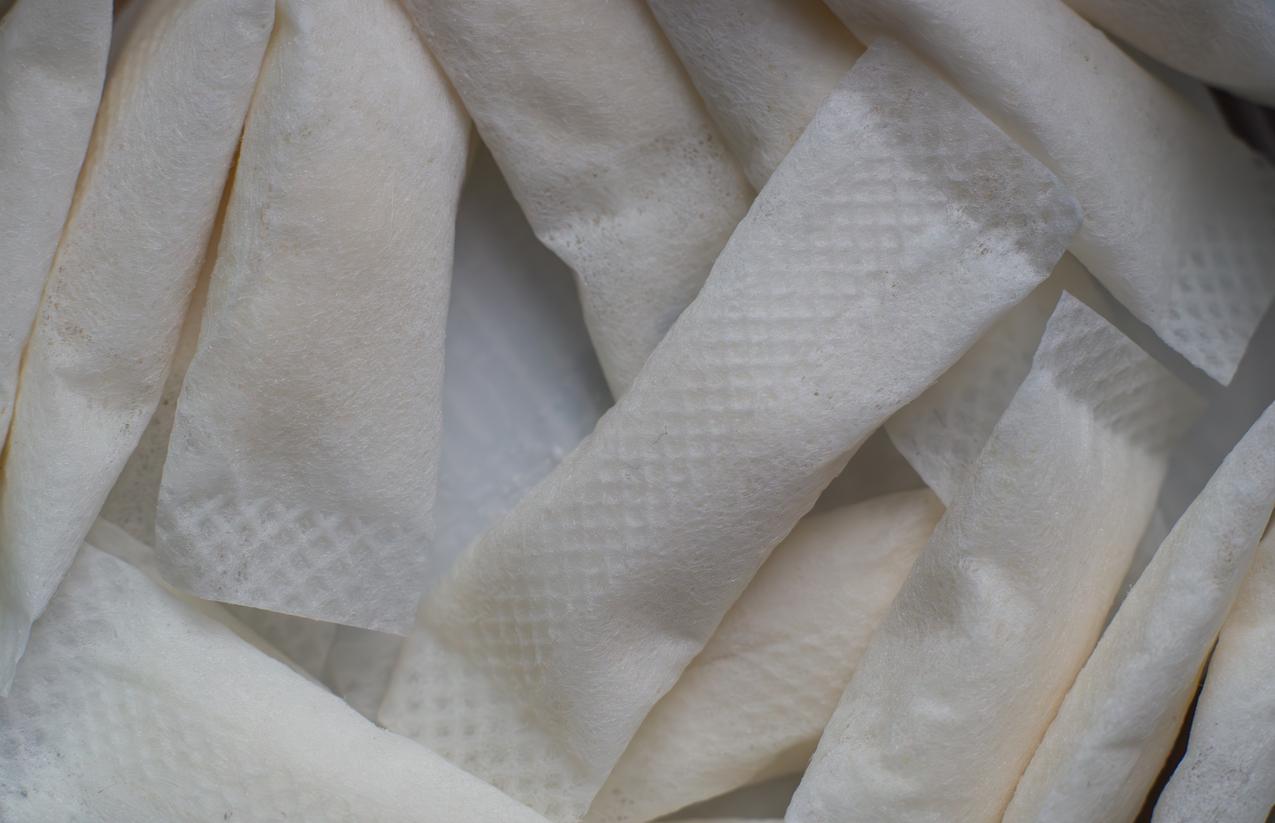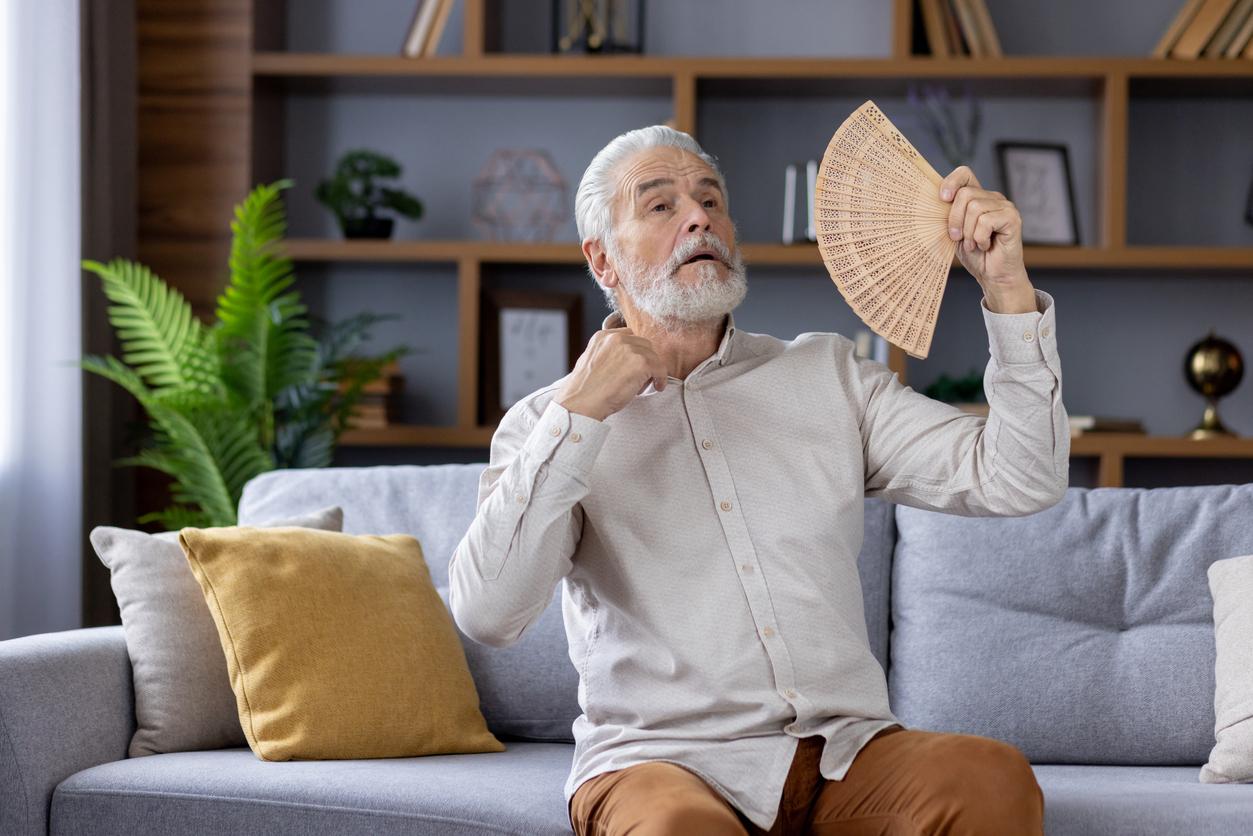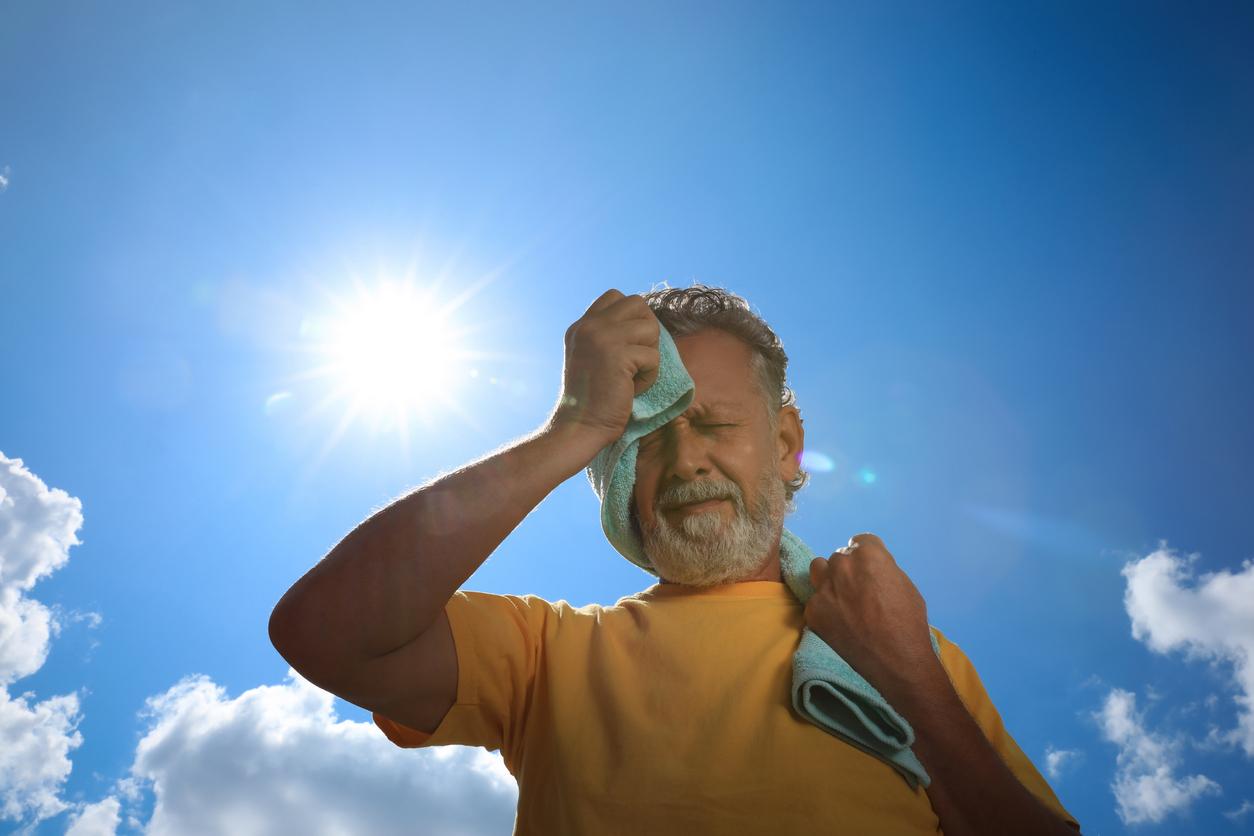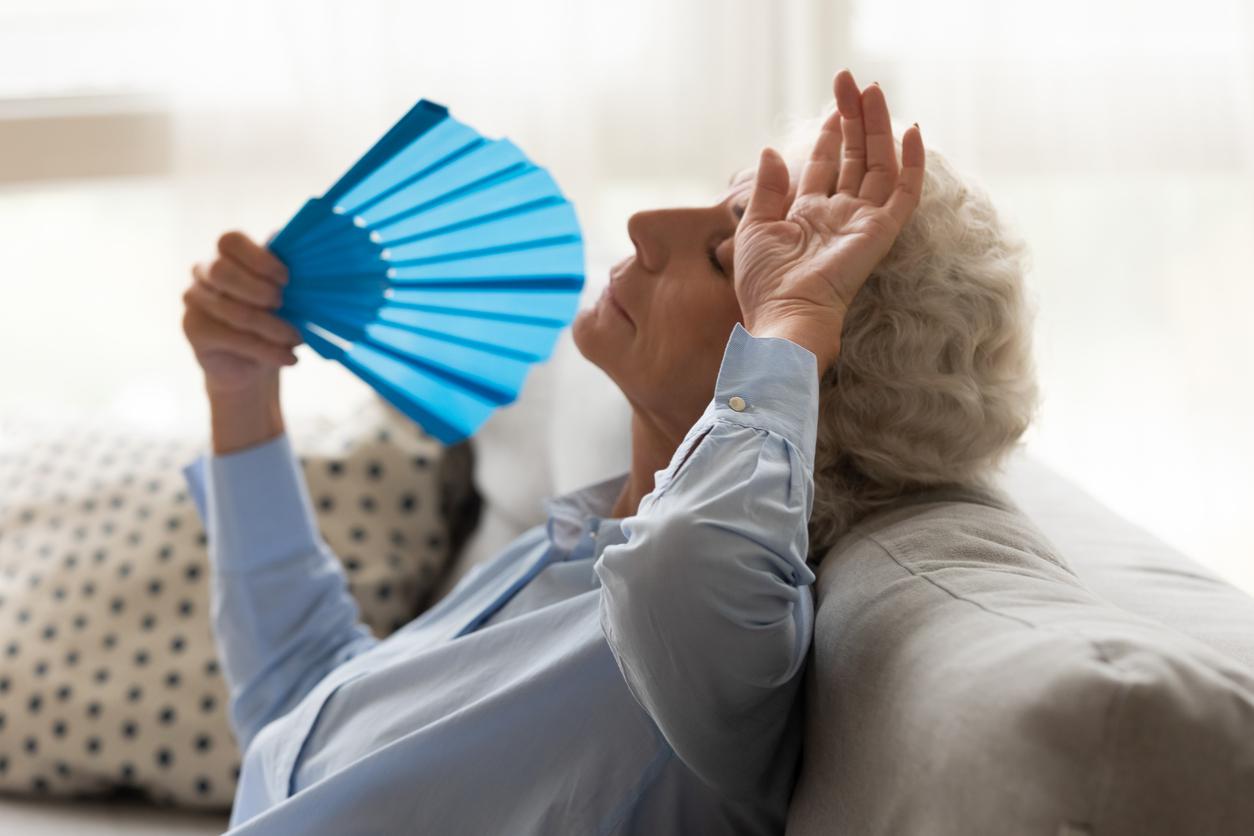Smoking, chewing, vaping, or even wearing a nicotine patch increases the risk of suffering from heat exhaustion during intense physical activity, especially in a hot environment.

- Heat exhaustion is a clinical syndrome that includes fatigue, malaise, nausea, syncope, and other nonspecific symptoms caused by heat.
- According to a recent study, nicotine consumption increases heat stress, leading to heat exhaustion, by reducing blood flow to the skin.
- During the Olympic Games, athletes, spectators and people working in high-temperature environments must maintain “high hydration levels.”
“It is not life-threatening.” According to the MSD Manualheat exhaustion is a clinical syndrome that includes asthenia (i.e., fatigue), malaise, nausea, syncope, and other nonspecific symptoms caused by heat. In this case, “Thermoregulation and central nervous system function are not impaired, but patients are usually dehydrated and may have mild elevations in body temperature (<40°C)."
10 male athletes wore a nicotine or placebo patch the day before a race
Hours before the opening ceremony of the 2024 Paris Summer Olympics, a study revealed that athletes who used nicotine were more likely to suffer from this syndrome. To reach this conclusion, researchers from Japan, New Zealand and the United States recruited 10 male athletes to find out whether nicotine increases body temperature, as measured by the temperature of the gastrointestinal tract, mainly by increasing metabolism or decreasing blood flow to the skin. The participants, who had never used nicotine, wore a nicotine patch overnight, then repeated the procedure by wearing a placebo patch. Neither the volunteers nor the scientists knew when they received the “active” and “inactive” patches. The next day, the men cycled for an hour in environments at 20°C and then at 30°C. After each trial, the team measured the adults’ endurance, gastrointestinal and skin temperatures. The experiment was repeated four times.
Heat exhaustion: Nicotine use increases heat stress
According to the results, published in the journal Journal of Applied Physiologytwo people had to leave the 30°C nicotine trials, one having reached the maximum ethical limit for gastrointestinal temperature and the other having stopped due to “nausea and chills”. “The difference in gastrointestinal temperature between nicotine and placebo trials was greater at 30°C than at 20°C, and skin temperature was higher in nicotine than in placebo”the paper reads. The authors concluded that nicotine use increased heat stress, leading to heat exhaustion, by reducing blood flow to the skin.
Paris Olympics: “It is essential that athletes and spectators drink plenty of water”
Scientists point out that these data do not only concern athletes, but also anyone who works in high-temperature environments, including the military and firefighters. “Record temperatures could be broken at the Olympic Games in Paris. (…) The staging of the games in an urban environment, with few green spaces and lots of heat-absorbing paving stones and concrete, increases the risk of heat exhaustion for athletes and spectators. It is essential that athletes and spectators drink plenty of water and maintain high hydration levels,” said Toby Mundelauthor of the research.
















